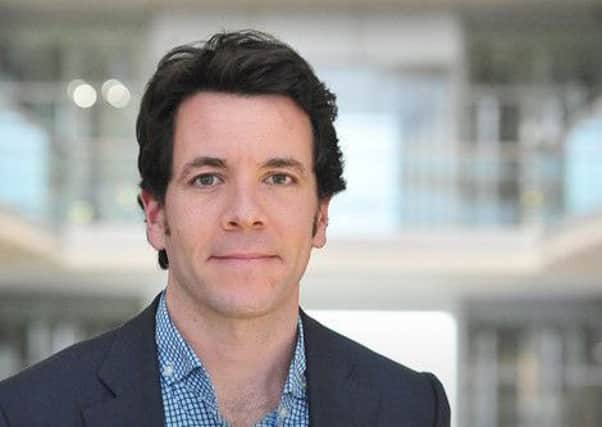John McLellan: STV's strong signals as merger talk persists
This article contains affiliate links. We may earn a small commission on items purchased through this article, but that does not affect our editorial judgement.


STV is the last of the old independent regional franchises left after the successive mergers of all the others to form a single ITV, and following Pitts’ appointment last Monday, much of the chatter amongst TV insiders in Scotland was that it was only a matter of time before STV went the same way as Ulster, Border and Tyne-Tees to become a fully integrated part of the nationwide commercial broadcaster.
• READ MORE: ITV executive to replace Rob Woodward as STV chief
Advertisement
Hide AdAdvertisement
Hide AdSTV’s relationship with ITV has sometimes been difficult, with a three-year dispute over up-front production costs of network shows finally settled in 2012 when ITV accepted that STV would only pay for programmes when they were broadcast, but only after an £18 million back payment.
Pitts, 42, doesn’t take over from Rob Woodward until next year, but having spent around 20 years with ITV, latterly as managing director of digital and pay TV strategy, he is in the perfect position to not only develop STV’s already successful digital operations but understand how any future ITV deal might work to the benefit of STV shareholders.
With the battle now pitting terrestrial broadcasters not only against satellite operators but digital streaming services like Amazon as well, a merger makes sense and is probably inevitable, especially as STV and STV2 are likely to face stiff competition when the new BBC Scotland channel gets off the ground next year.
But the new BBC channel, with its £30m annual budget, might be more of an opportunity than a threat because STV is already one of the BBC’s regular programme suppliers. It makes Gaelic programmes for BBC Alba and as shows like Antiques Road Trip and the recent Dunblane anniversary documentary come from STV, the new channel is a chance to grow the production side of the business.
• READ MORE: STV boss ‘flattered’ by BBC plans for rival channel
In the short term STV is well placed to increase its production activities, which fits with the corporate plan to earn a third of its revenue from non-broadcast activities by next year.
That and a continued focus on digital expansion should build value in advance of a merger in the medium to long term. The City initially reacted nervously to Pitt’s appointment, with shares dipping, before steadying over the rest of the week and yesterday trading at about 386p.
Advertisement
Hide AdAdvertisement
Hide AdBased on the views of investment analysts, the Financial Times believes the company remains a good bet and with opportunities on the horizon, and the fact UTV sold for £100m last year, no wonder.
• John McLellan is director of the Scottish Newspaper Society and a City of Edinburgh Conservative councillor